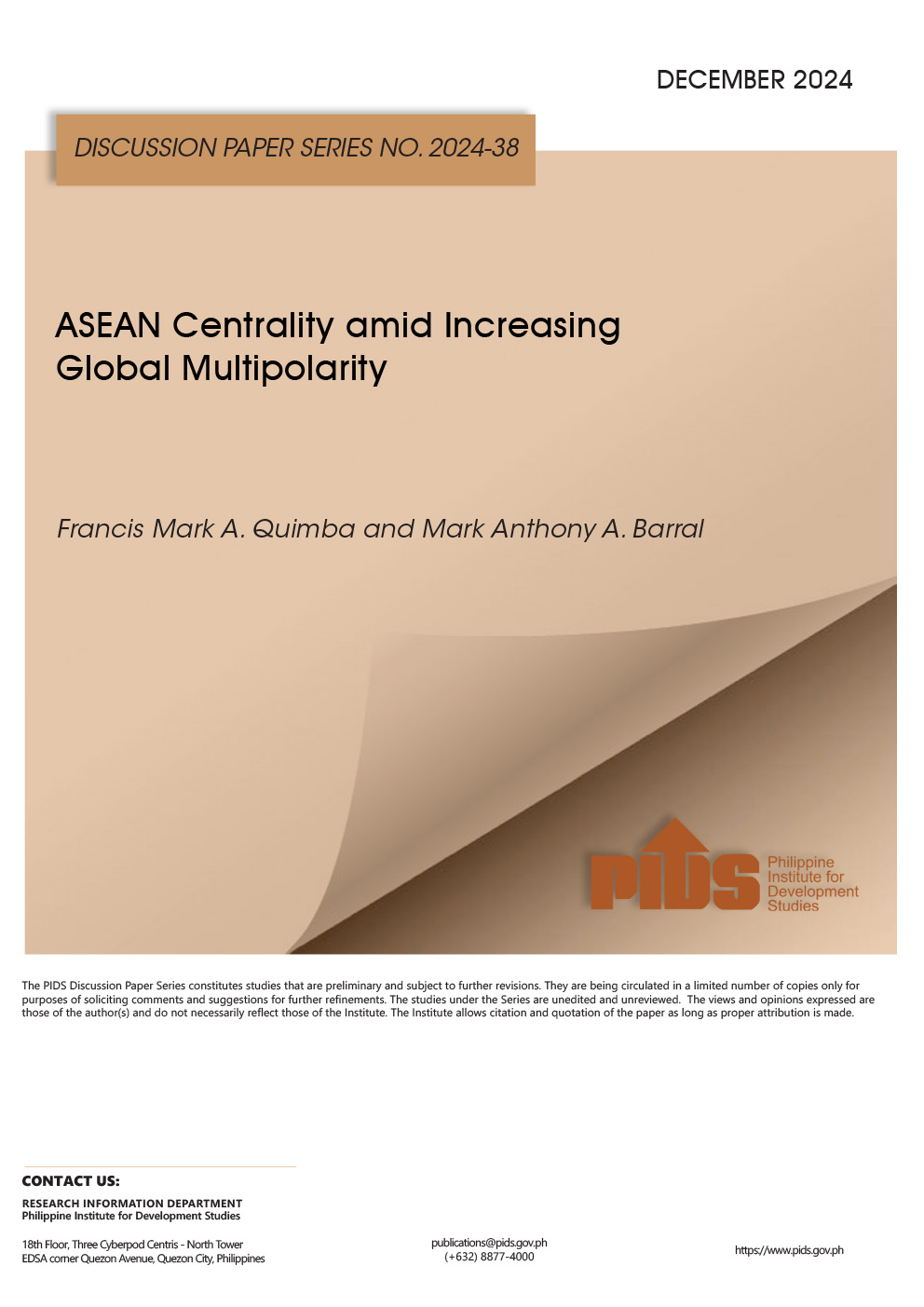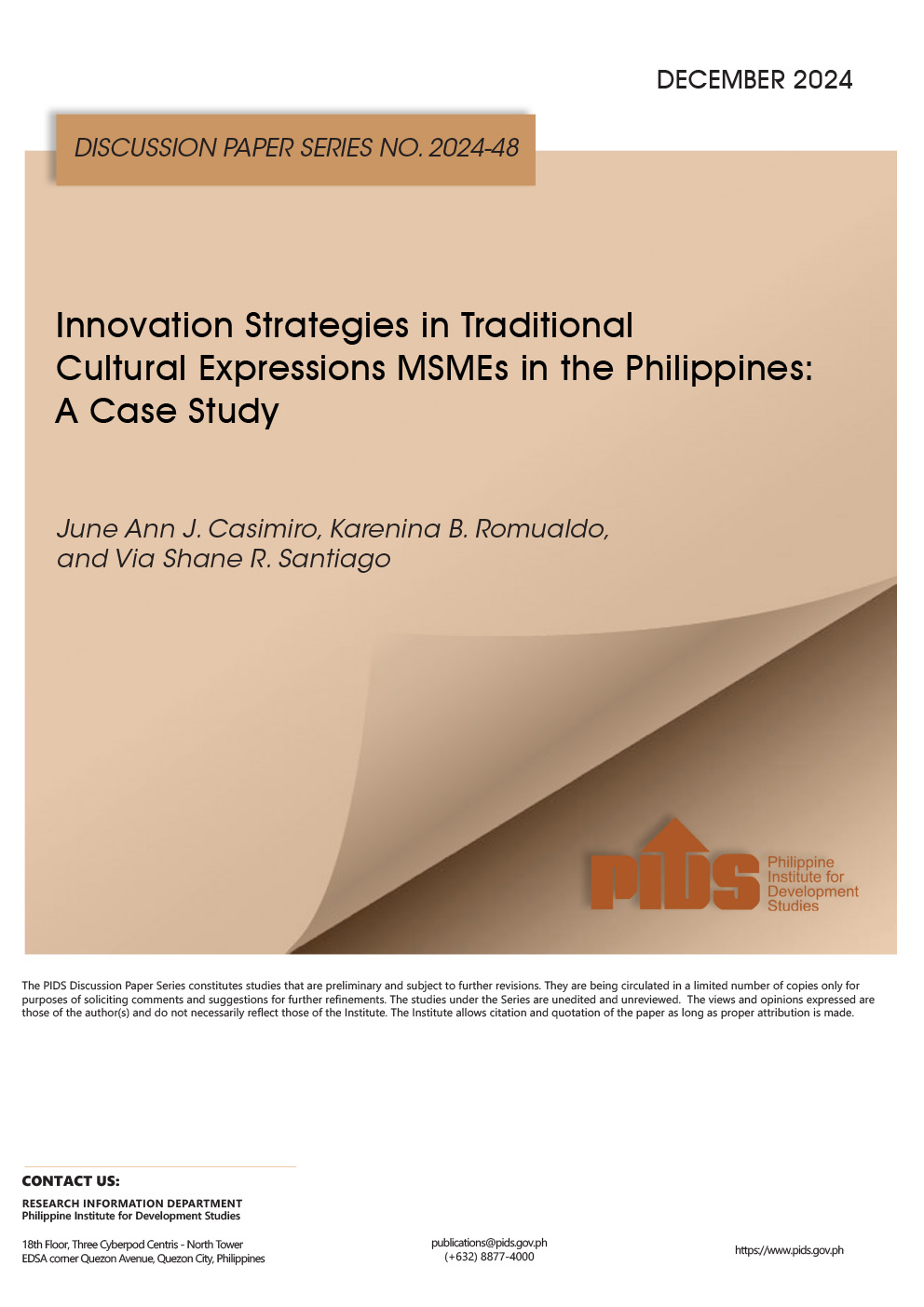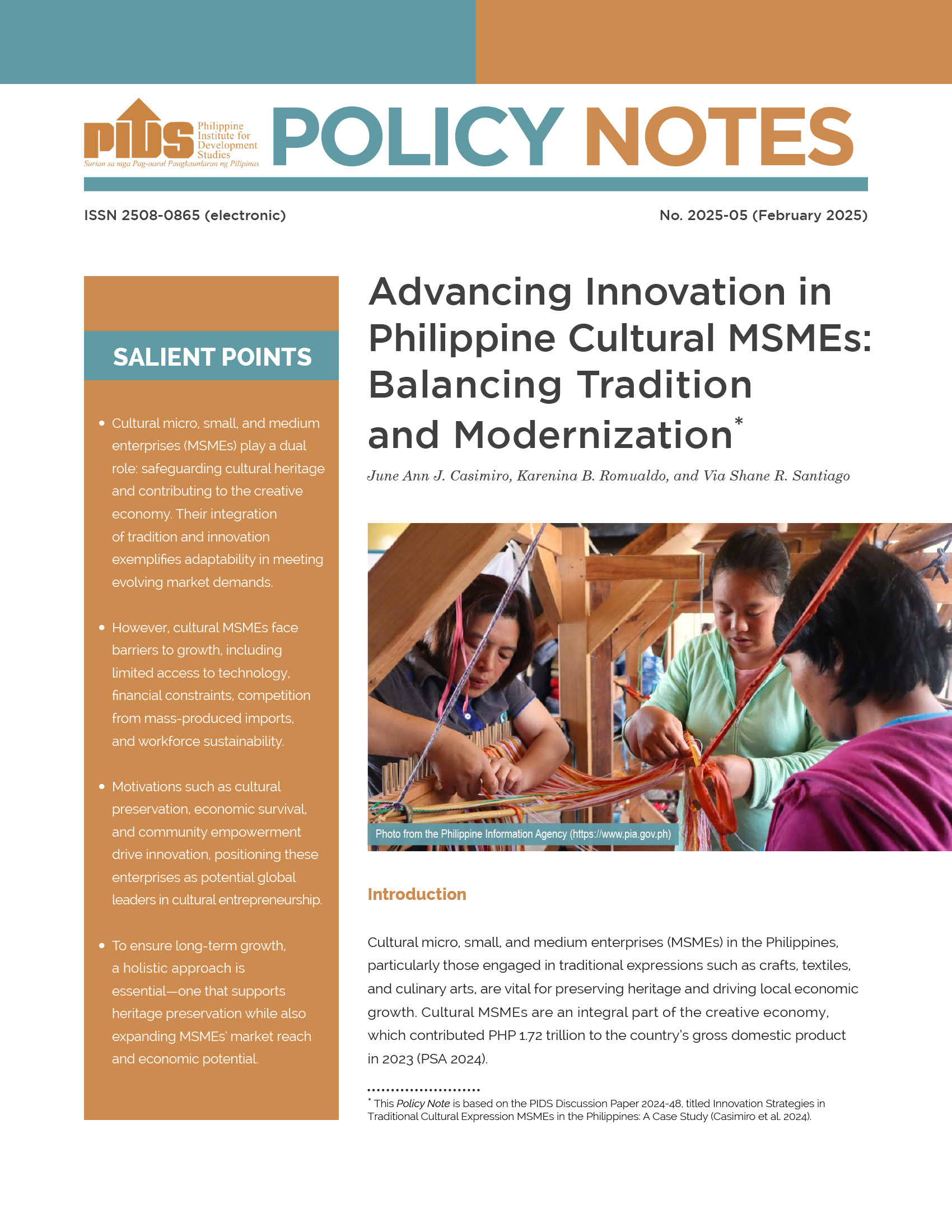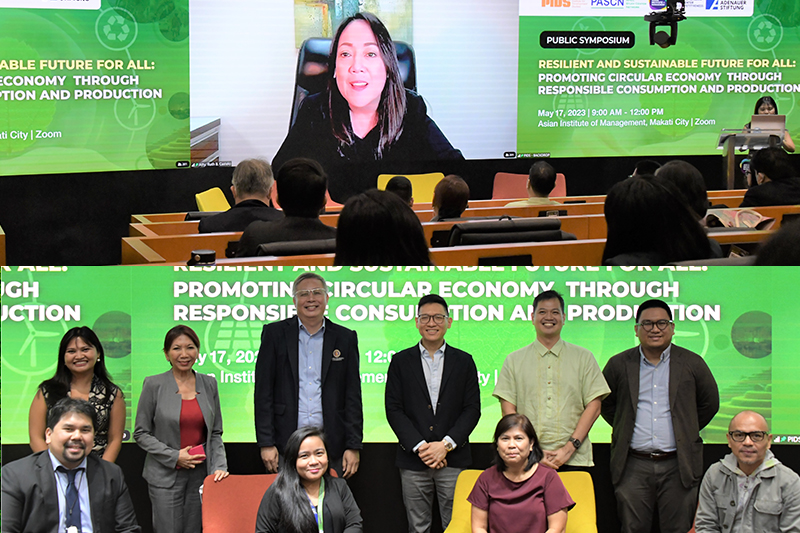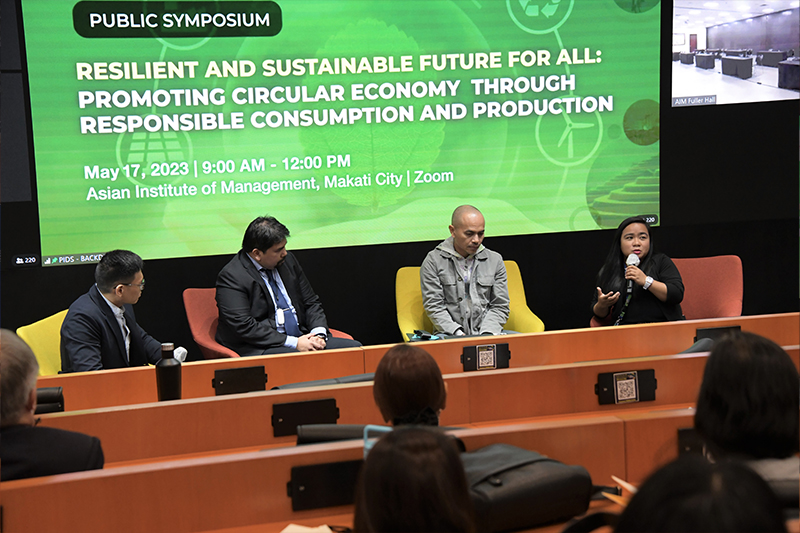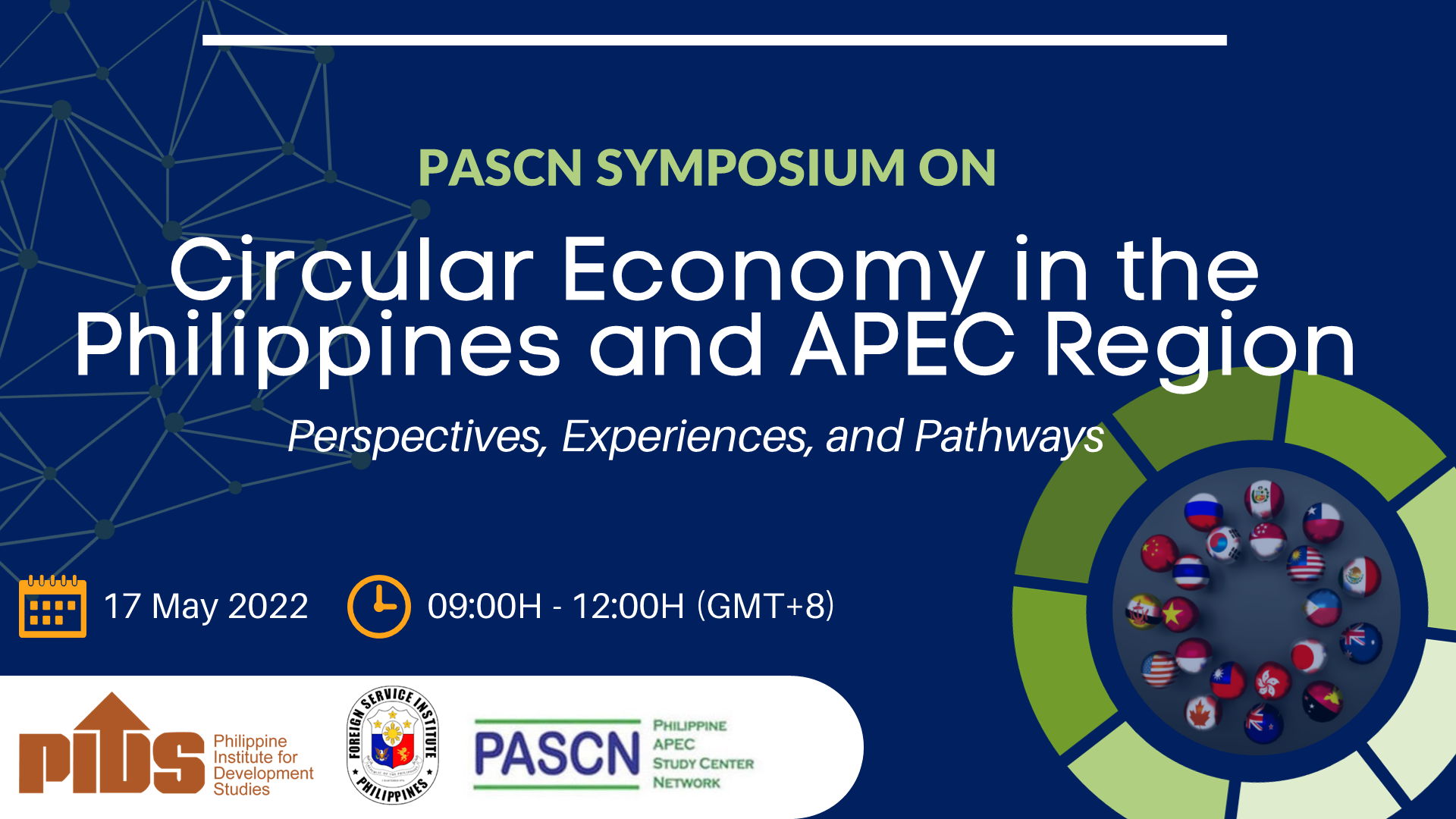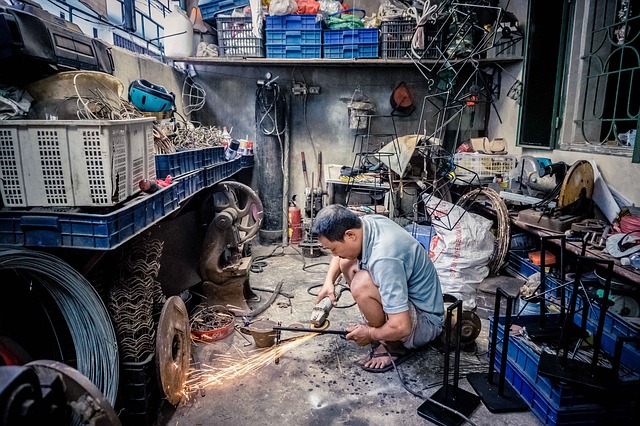
The role of global value chains (GVCs) as channels for the growth of micro, small and medium enterprises (MSMEs) was emphasized at a policy forum hosted recently by the World Bank (WB)-Philippine office and state think tank Philippine Institute for Development Studies (PIDS).
"Three quarters of world trade is in intermediate goods and services," explained WB Senior Economist Olivier Cattaneo. "It's much harder [for MSMEs] to export directly than indirectly."
For the Philippines, GVC participation presents an opportunity for its leaders to improve the quality of jobs in the country and for MSMEs to access international markets.
"It's not only about entering GVCs but also about upgrading once you're in GVCs," said Cattaneo. To explain this point, he enumerated the vertical transfer from lead firms to MSMEs of the following benefits: skills and management capacities, technology upgrades and innovations, access to finance, access to global markets and increased connectivity, and an overall improved business environment.
Compared to its peers in the region, Catteneo concluded that the Philippines "could do better". In the past years, the pattern has seen a decline in Philippine exporters using foreign input, and an increase in Philippine input in other countries' exports. This means the Philippines has become "less integrated in the global value chains", moving further away from the end consumer, and, thus, away from control of the market.
Noticeably, another character of Philippine GVC participation, according to Cattaneo, is "less GVC integration in electronics, but more in services".
This is no coincidence. PIDS Senior Fellow Ramonette Serafica noted that there has been "an increase of services intensification" in various industries across the country, whether they are already service chains or manufacturing chains. Most of the Philippine MSMEs are concentrated in three industries—retail and wholesale, accommodation, and foods services and manufacturing.
"In each of these industries, there are also subvalue chains occurring," Serafica pointed out, "Although not explicitly identified, they also need broadband services, financial services, and other services to implement the various activities along the value chain."
Goods manufacturing involves services like product development, manufacturing, distribution, sales, and after-sale services. The most popular service outsourced and acquired by MSMEs is finance and accounting.
"Services make up [on average] a quarter of the value added in value chains," said Serafica, underlining the role and the integrated value of services sector.
Even the gamut of business upgrading, whether it is in product development or process improvement, requires services such as research and development, marketing, logistics, and internet broadband services, among others.
Increased GVC participation may increase MSMEs' exposure to global economic risks. However, this downside comes hand-in-hand with the promise of increasing MSME capacity to grow, innovate, improve their performance, and access resources that can help develop their resilience to economic and other shocks. ###
"Three quarters of world trade is in intermediate goods and services," explained WB Senior Economist Olivier Cattaneo. "It's much harder [for MSMEs] to export directly than indirectly."
For the Philippines, GVC participation presents an opportunity for its leaders to improve the quality of jobs in the country and for MSMEs to access international markets.
"It's not only about entering GVCs but also about upgrading once you're in GVCs," said Cattaneo. To explain this point, he enumerated the vertical transfer from lead firms to MSMEs of the following benefits: skills and management capacities, technology upgrades and innovations, access to finance, access to global markets and increased connectivity, and an overall improved business environment.
Compared to its peers in the region, Catteneo concluded that the Philippines "could do better". In the past years, the pattern has seen a decline in Philippine exporters using foreign input, and an increase in Philippine input in other countries' exports. This means the Philippines has become "less integrated in the global value chains", moving further away from the end consumer, and, thus, away from control of the market.
Noticeably, another character of Philippine GVC participation, according to Cattaneo, is "less GVC integration in electronics, but more in services".
This is no coincidence. PIDS Senior Fellow Ramonette Serafica noted that there has been "an increase of services intensification" in various industries across the country, whether they are already service chains or manufacturing chains. Most of the Philippine MSMEs are concentrated in three industries—retail and wholesale, accommodation, and foods services and manufacturing.
"In each of these industries, there are also subvalue chains occurring," Serafica pointed out, "Although not explicitly identified, they also need broadband services, financial services, and other services to implement the various activities along the value chain."
Goods manufacturing involves services like product development, manufacturing, distribution, sales, and after-sale services. The most popular service outsourced and acquired by MSMEs is finance and accounting.
"Services make up [on average] a quarter of the value added in value chains," said Serafica, underlining the role and the integrated value of services sector.
Even the gamut of business upgrading, whether it is in product development or process improvement, requires services such as research and development, marketing, logistics, and internet broadband services, among others.
Increased GVC participation may increase MSMEs' exposure to global economic risks. However, this downside comes hand-in-hand with the promise of increasing MSME capacity to grow, innovate, improve their performance, and access resources that can help develop their resilience to economic and other shocks. ###

